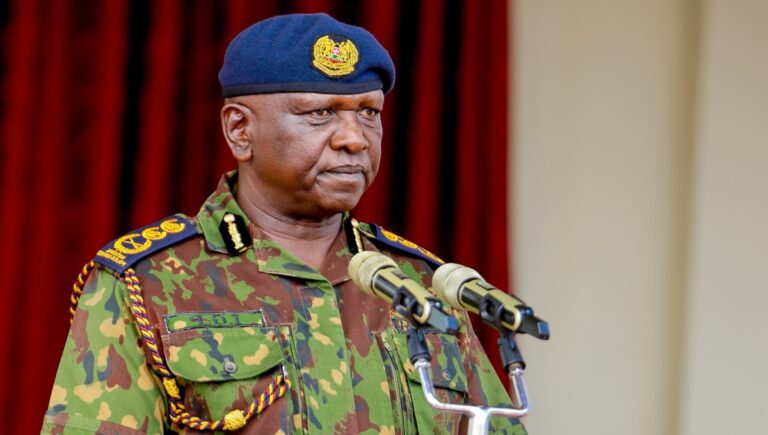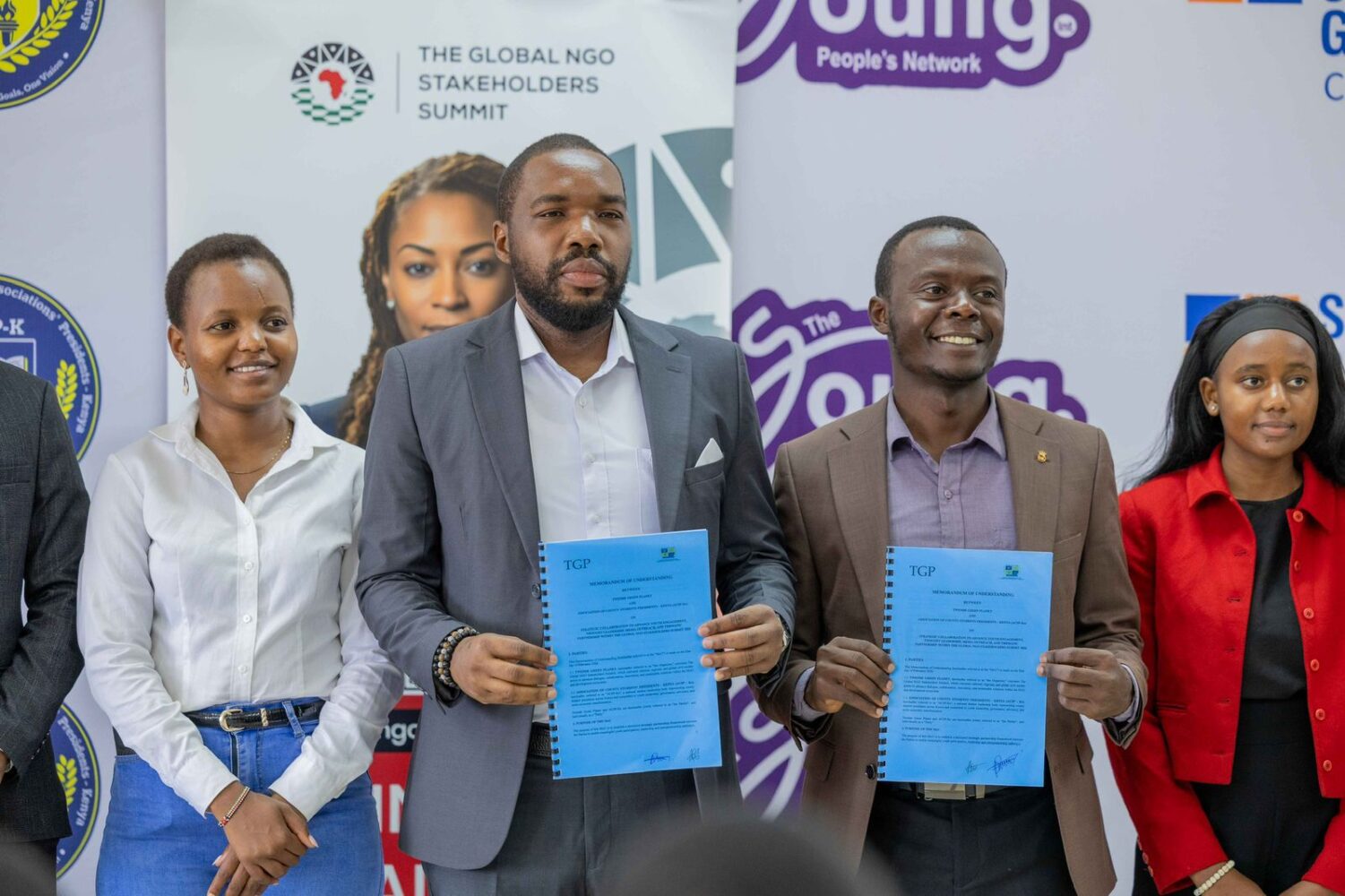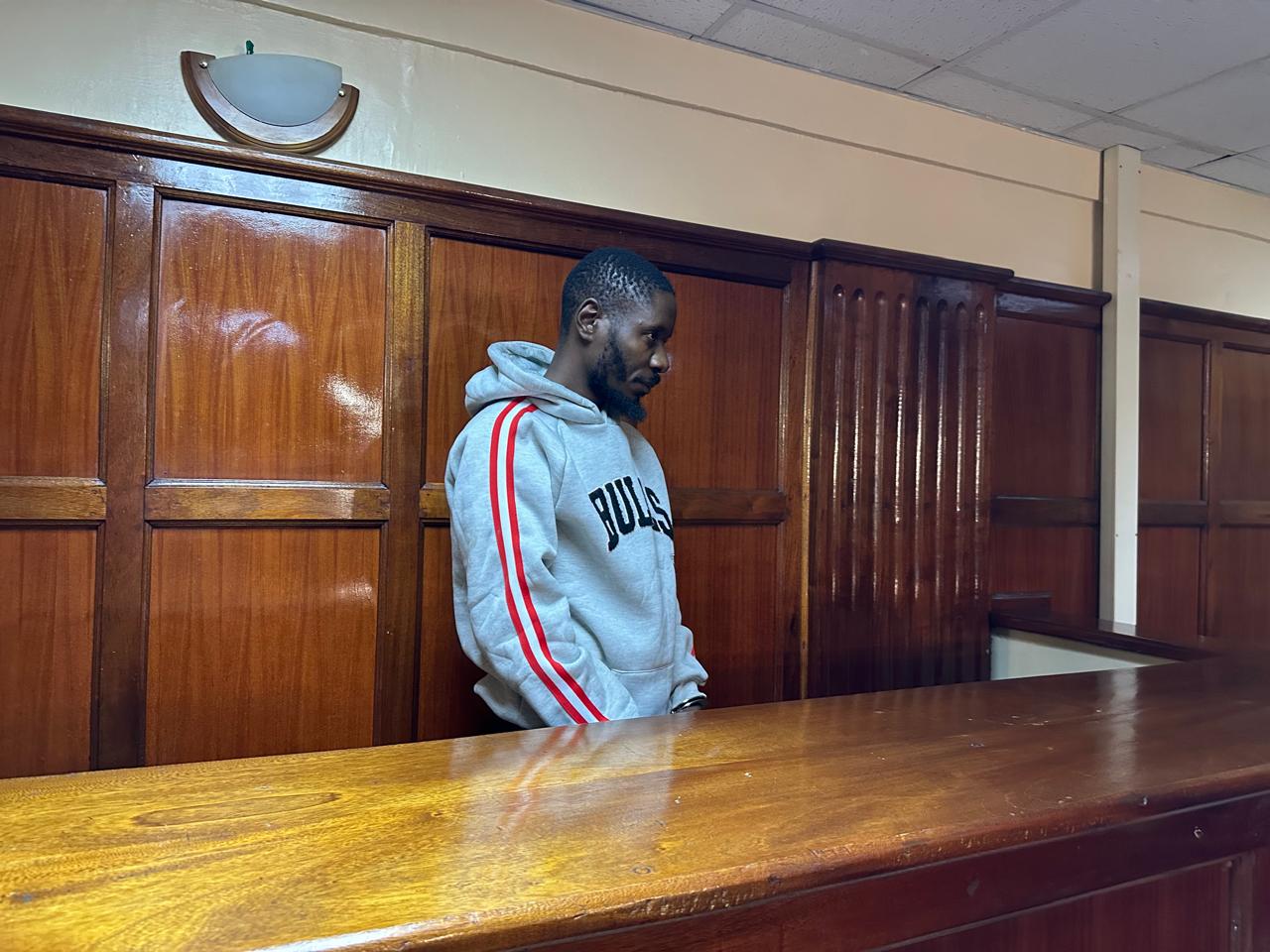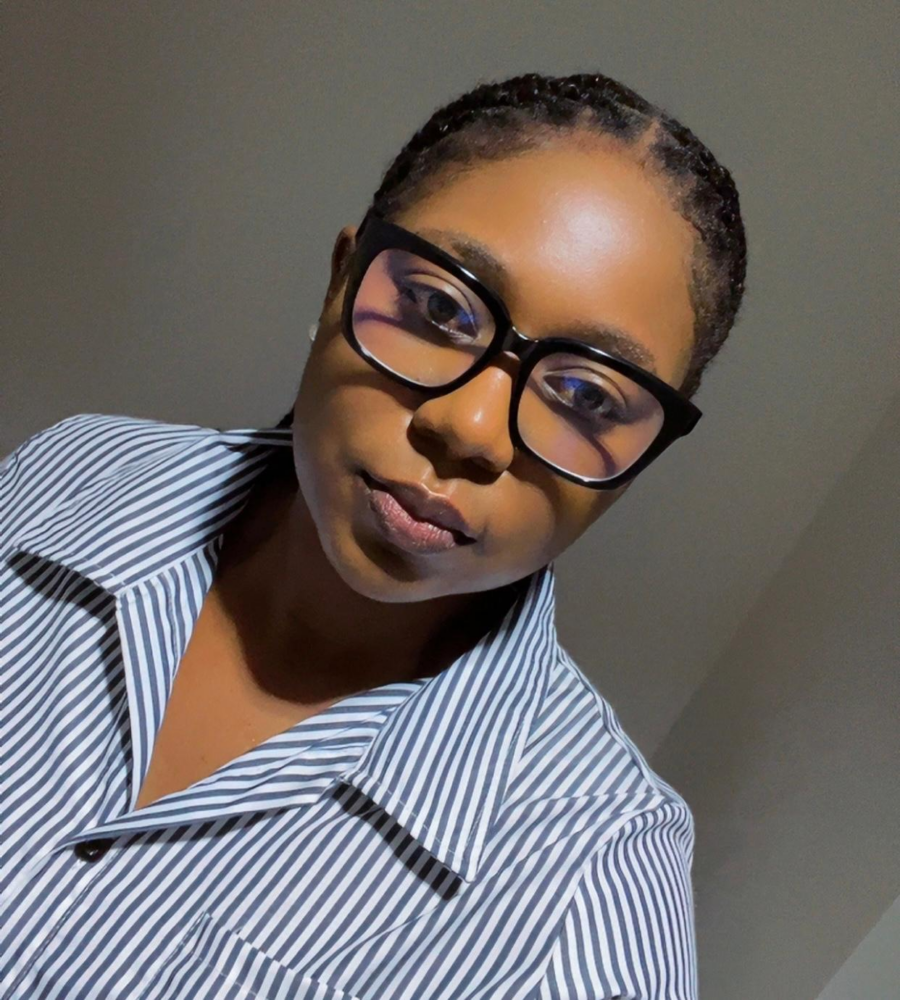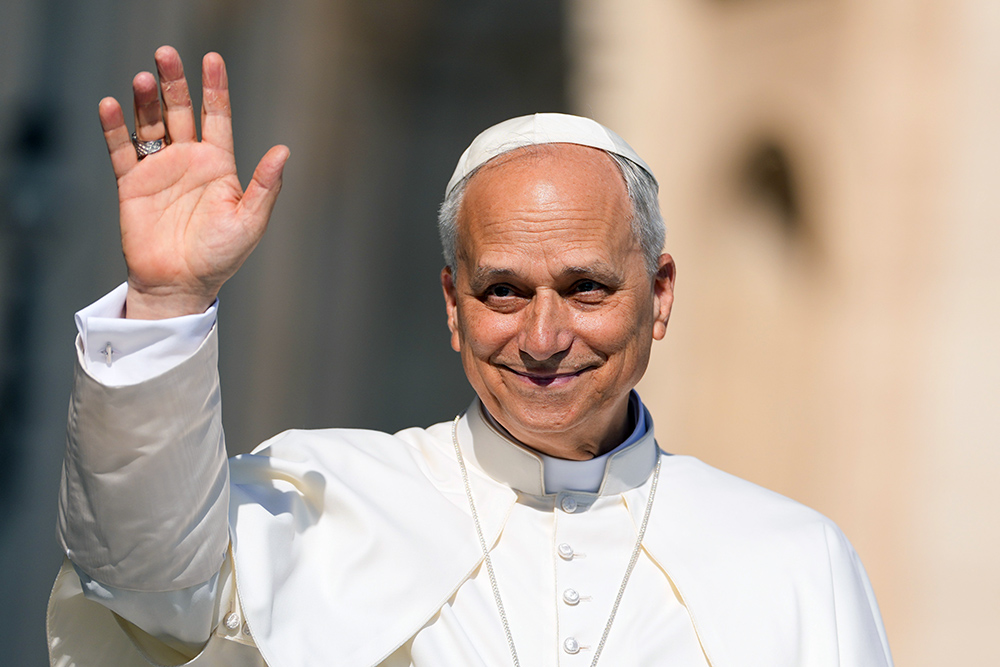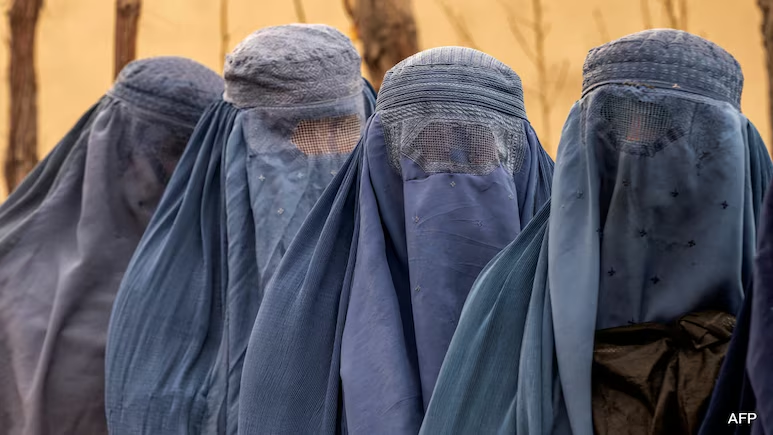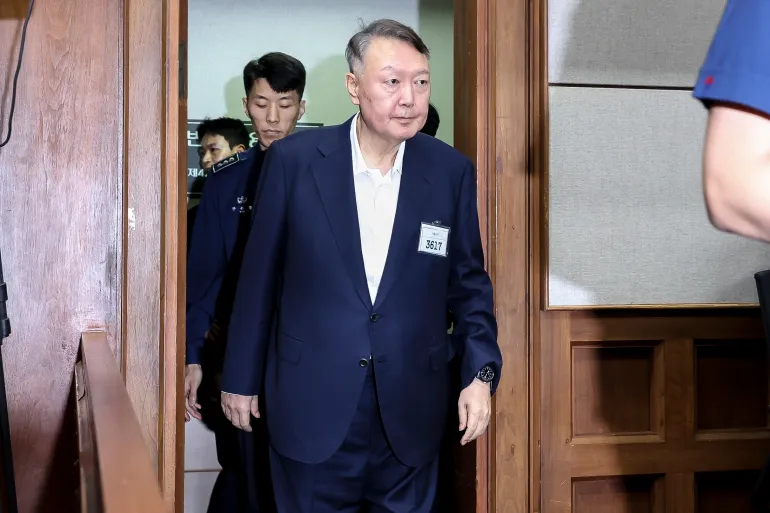The Global Media Forum 2025, a two-day high-level conference that brought together journalists, media professionals, and thought leaders from across the world, concluded today in Bonn, Germany, after intense deliberations on the evolving challenges and opportunities facing the global media landscape.
Hosted from July 7-8, 2025, at the Bundeskunsthalle, Kunstmuseum Bonn, and Deutsche Welle Headquarters, the forum featured a packed programme of panels, workshops, and networking events squarely focused on shaping the future of journalism.
Cape Media Limited which houses the fastest growing TV and Radio stations in Kenya (TV47 and Radio47) is currently being represented by Geoffrey Mung’ou , Head of Radio 47.
Speaking at the conference the outgoing Director General of Deutsche Welle (DW), Peter Limbourg passionately underscored the critical need for journalists globally to operate in safe environments, emphasizing that content creators require robust protection from restrictive legislation.
According to Limbourg, a free press plays an indispensable role in the functioning of democracy – a message that resonates powerfully with current media landscapes, including Kenya’s.
He reiterated that defending democracy is paramount to facilitating the work of journalists, urging media professionals to diligently uphold truth by enhancing communication.
This means not just detailing “how” events unfold, but crucially explaining “why,” and prioritizing rigorous fact-checking to combat the pervasive spread of fake news.
The seasoned media executive also issued a clarion call to nations worldwide to urgently establish mechanisms for regulating Artificial Intelligence (AI).
Limbourg stated, “Be Open, Don’t Open-AI,” highlighting the imperative for careful governance of these emerging technologies. His parting message stressed the foundational principles necessary for a resilient and trustworthy media industry in an increasingly complex world.
Key sessions at the conference explored how livestreams on platforms like TikTok and Twitch are transforming news delivery, the strategies parties employ to reach audiences on social media, and innovative approaches to resisting censorship in both autocracies and democracies.
Attendees also delved into the impacts of self-censorship, the complex role of AI in spreading and countering disinformation, and the vital importance of amplifying African voices in global media narratives.
Major highlights included the “Journalism that Listens” panel, which showcased successful community-driven reporting initiatives, and the “Transforming our Newsrooms Constructively” session, where editors shared practical steps for fostering more inclusive and resilient newsrooms.
The forum also spotlighted the role of alternative toolkits and new alliances in building information resilience, especially in regions facing repression and conflict.



